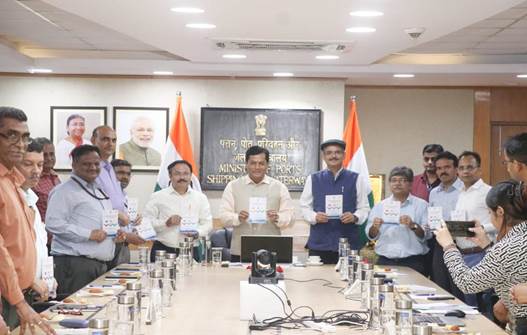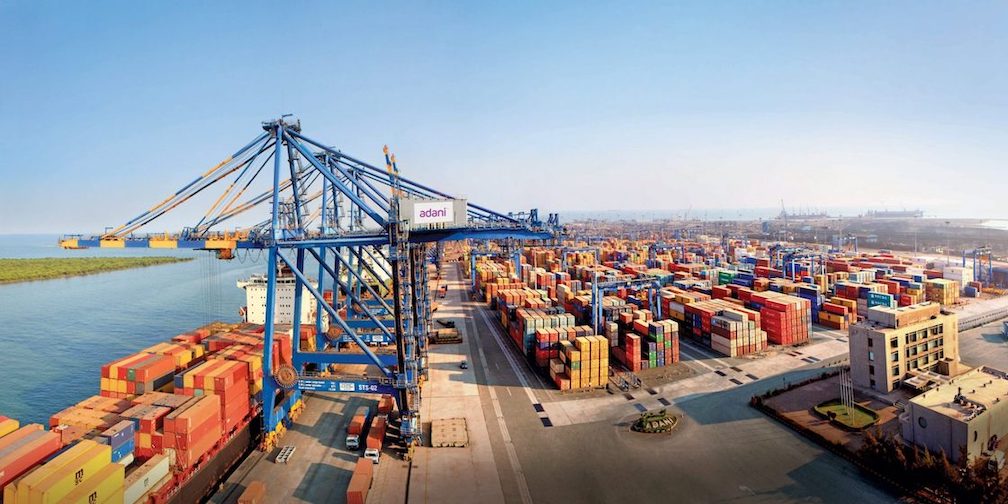The Ministry of Ports, Shipping and Waterways recently announced new guidelines for Corporate Social Responsibility (CSR) activities in ports, specifying the percentage of the net annual profit that ports should allocate to such initiatives. The guidelines aim to promote social and environmental welfare in port areas and empower ports to contribute to community welfare and development.



